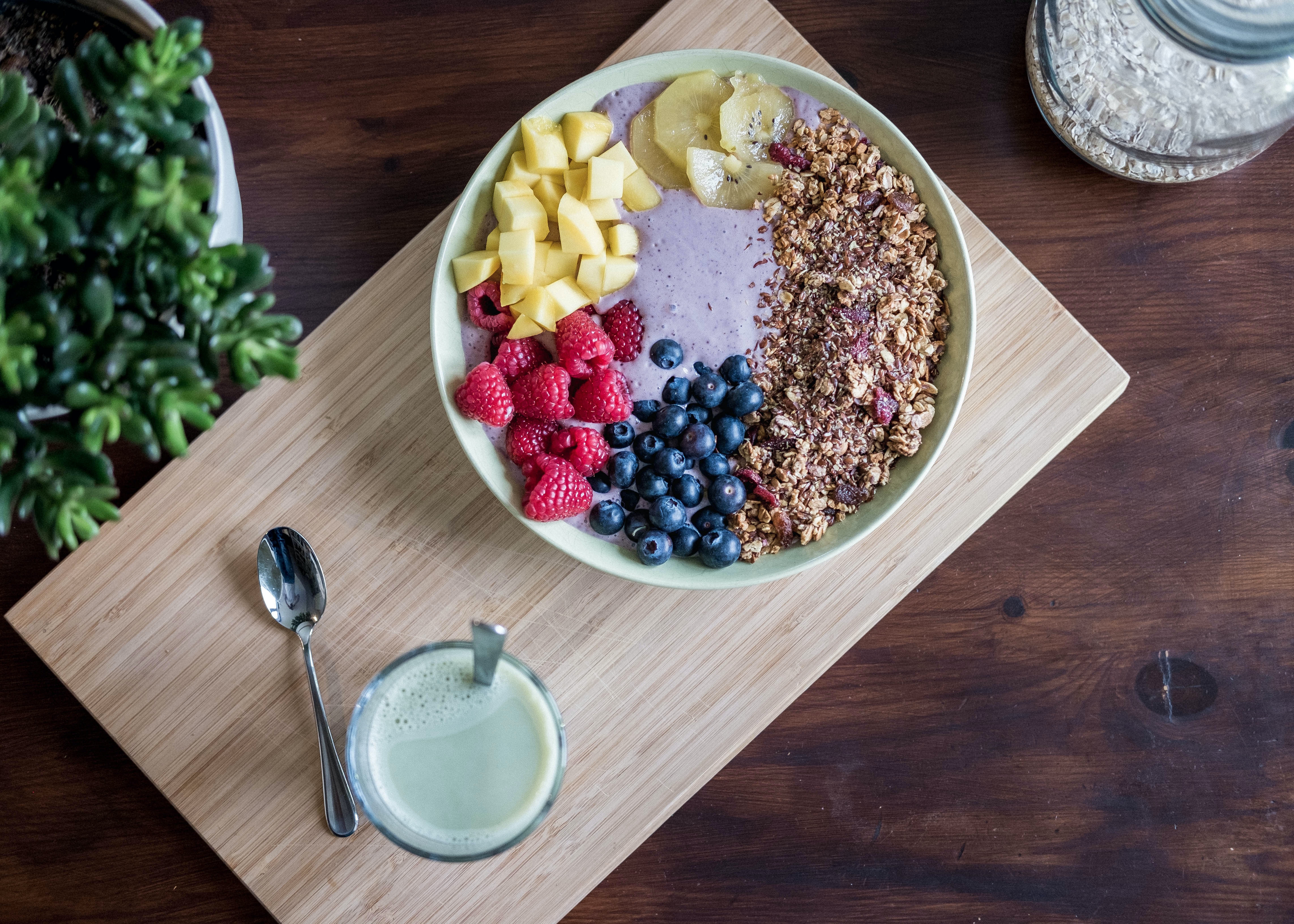
Aging isn’t an illness, and we should not assume that pain and disease are an inevitable part of it. 90% of chronic disease is not based on our genetics, but rather our diet and lifestyle choices that affect our biological processes such as immune function, inflammation, etc.
Why is this important? Because it puts us largely in control of our health outcomes. And when we make the best choices for our health, the more youthful we feel, and the longer we live. However, as we age, the needs of our body changes as well.
This is because as we age, our bodies don’t absorb the nutrients from our food as well as we once did. Our systems begin to slow down and become less efficient.
Making sure we are eating sufficient nutrients and that our bodies can utilize those nutrients becomes very important for cellular repair so that we can look and feel our best.
Here are some of the key areas to focus on:
1. Digestive Support
I have put digestive support at the top of the list because the root cause of many conditions is traced to poor digestive health. Medications that we take and those in our food supply (e.g. OTC pain relievers or antibiotics) have created imbalances in our gut microbiome that have compromised our ability to absorb nutrients from our food.
Digestion can be improved by working with a practitioner who can analyse your gut microbiome and intestinal health and make personalized recommendations for you to restore function.
Some options to try at home include having lemon in water before meals, eating plenty of plant foods for fiber and fermented foods for probiotics, slowing down your pace of eating, and chewing thoroughly.
2. Bone Health
Bone health is something that many of us start to think about as we age. Lifestyle factors such as weight-bearing exercise are important. Optimizing the absorption of nutrients is also key here since we need adequate minerals to keep our bones strong. It’s about more than just calcium. For instance, vitamin D enhances calcium absorption and bone formation, and magnesium is needed to activate vitamin D.
3. Heart Health
In addition to vitamin E, there are several important nutrients for the heart. Coenzyme Q10 aids circulation and is heart-protective. As we age, we tend to have 50% less CoQ10 than our younger selves and it is further diminished for those taking statin medications. Omega 3 essential fatty acids protect the heart and keep plaque from adhering to arteries. Magnesium is another important nutrient for the heart as higher plasma magnesium levels are associated with lower heart disease risk.
4. Brain Health
Omega 3’s are essential for proper brain function and B vitamins are necessary for the formation of certain proteins for proper cognitive functioning. N-acetyl-cysteine (NAC) is an important glutathione precursor, which is a powerful antioxidant and detoxifier that enhances brain function and mood. Finally, keeping digestion optimized is important for the brain given the connection between the gut and brain health.
5. Anti-inflammatory Diet
It is best to get as many nutrients as possible from a varied, balanced diet. Anti-inflammatory foods provide synergistic antioxidants that are important for many functions in the body. Here are some important food sources of the nutrients I mentioned.
- High-fiber foods – vegetables, beans, and legumes
- Fermented foods – sauerkraut, kimchi
- Calcium – dark, leafy greens, plain Greek yogurt
- Vitamin D – salmon, sunshine☀️
- Magnesium – nuts and seeds (particularly pumpkin seeds), spinach
- Vitamin E – almonds, sunflower seeds, avocado
- CoQ10 – meat, fish, nuts
- Omega 3 – fish, seafood, cod liver oil
- B vitamins (folate, B12, and B6) – dark, leafy greens, eggs, beef, tuna, salmon
This is just a selection of useful nutrients to support healthy aging. Everyone’s symptoms and needs are different and will require a different balance of nutrients. Some supplements can interact with prescribed medications.
For these reasons, you should consult with your healthcare practitioner before adding any supplementation to your diet. Nutrients in the form of supplements can be helpful for the management of certain symptoms but are not a replacement for a healthy diet and lifestyle.